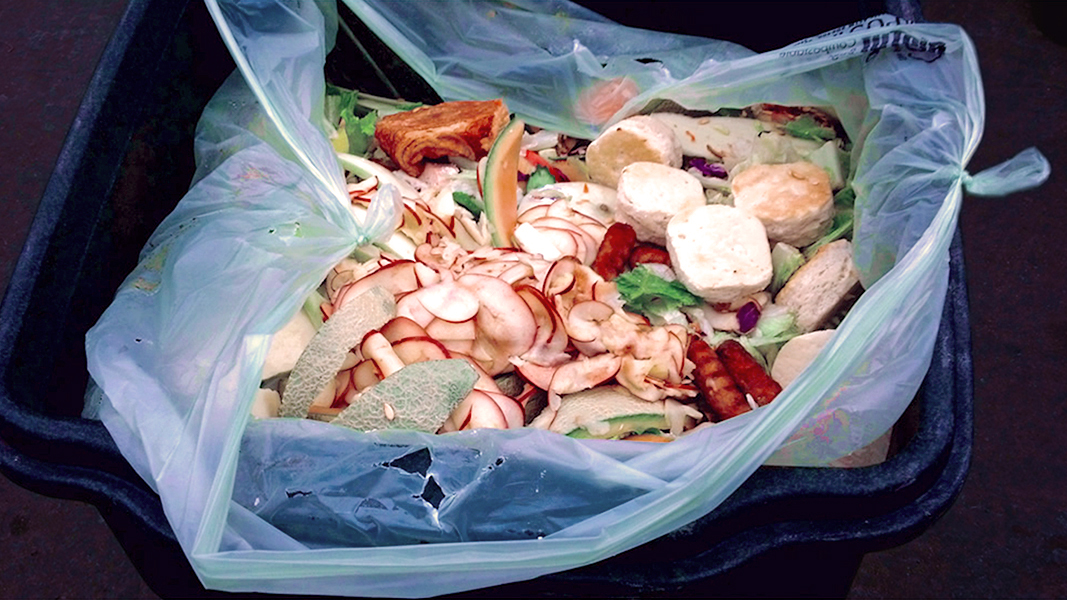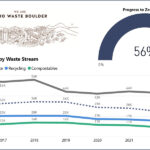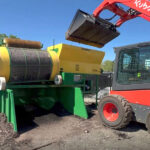 A new study from the Witzenhausen Institute and the University of Bayreuth in Germany suggests that compostable biowaste bags do not impact negatively on the quality of compost produced by industrial composting processes. The study shows that compostable bags disintegrate completely in the composting process after composts from eight different biowaste treatment plants were examined for film plastics, particularly compostable film plastics. The compostable bags were certified according to the European standard EN 13432. During the research project, the results of which were published in the May edition (05/2020, in German) of the German trade magazine Müll und Abfall, the scientists analyzed a total of 30 samples. In seven of the 10 composts or in 25 of 30 samples no compostable plastic film particles could be detected. The number of plastic film per compost sample (one litre of test substrate each) varied between one and 111 film particles; altogether 446 plastic film particles were found in the 30 compost samples (10 compost samples with three repetitions each). However, 98% of the plastic particles that were found derived from polyethylene or other conventional plastics.
A new study from the Witzenhausen Institute and the University of Bayreuth in Germany suggests that compostable biowaste bags do not impact negatively on the quality of compost produced by industrial composting processes. The study shows that compostable bags disintegrate completely in the composting process after composts from eight different biowaste treatment plants were examined for film plastics, particularly compostable film plastics. The compostable bags were certified according to the European standard EN 13432. During the research project, the results of which were published in the May edition (05/2020, in German) of the German trade magazine Müll und Abfall, the scientists analyzed a total of 30 samples. In seven of the 10 composts or in 25 of 30 samples no compostable plastic film particles could be detected. The number of plastic film per compost sample (one litre of test substrate each) varied between one and 111 film particles; altogether 446 plastic film particles were found in the 30 compost samples (10 compost samples with three repetitions each). However, 98% of the plastic particles that were found derived from polyethylene or other conventional plastics.
If it is assumed that compostable plastic bags make up around 39% of the film plastics in biowaste input material, only an average of 1.8% of compostable plastic films were detected in the composts, supporting the assumption that the use of compostable plastic bags for biowaste consumption significantly reduce plastic contamination in compost, notes a Il Bioeconomista blog. The study also showed the importance of a mandatory certification for the acceptance to use compostable biowaste bags. In order to ensure a high-quality compost, biowaste bags made from paper, whether including a coating or not, should also need to pass a certification process, notes the European Bioplastics Association.














